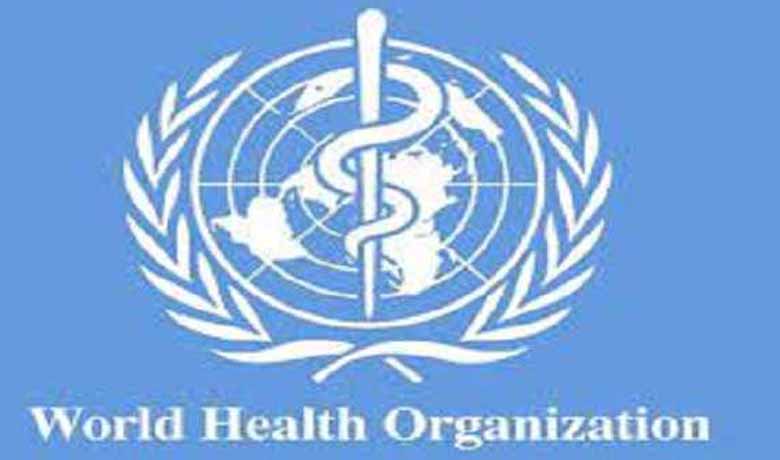WHO Allocates Additional $2 Million to Support Uganda’s Ebola Response
The World Health Organization (WHO) has announced the allocation of an additional $2 million to assist Uganda in its ongoing fight against the Ebola outbreak, bringing the total funding to $3 million in just three weeks.

The World Health Organization (WHO) has announced the allocation of an additional $2 million to assist Uganda in its ongoing fight against the Ebola outbreak, bringing the total funding to $3 million in just three weeks. This crucial support aims to bolster Uganda’s response efforts and prevent the further spread of the deadly virus.
Table of Contents
WHO’s Commitment to Strengthening Uganda’s Ebola Response
Tedros Adhanom Ghebreyesus, Director-General of the WHO, shared the announcement via the social media platform X, emphasizing that the funds will strengthen surveillance, laboratory work, logistics, infection prevention and control, and the establishment of treatment centers. In his post, Ghebreyesus highlighted that WHO teams are actively involved in various areas of the response, including research.
Initial Support and Ongoing Efforts to Contain Ebola Outbreak
On January 30, WHO initially provided $1 million and mobilized trial vaccines to help Uganda’s national health authorities contain the outbreak. Uganda declared an Ebola outbreak last month after a 32-year-old male nurse, working at the Mulago National Referral Hospital in Kampala, tragically succumbed to the disease.
As of Wednesday, Uganda’s Ministry of Health confirmed nine laboratory-positive Ebola virus infections, including one death. Health authorities are closely monitoring at least 265 contacts of the initial case to prevent further transmission.
Understanding the Ebola Virus and its Spread
Ebola is a viral hemorrhagic fever caused by viruses from the Ebolavirus genus. Symptoms can start with flu-like signs but can progress to severe vomiting, bleeding, and neurological issues. The virus is primarily transmitted to humans from infected animals, such as bats, nonhuman primates, and antelope, and can spread from person to person during outbreaks.
While Ebola is rare, outbreaks have occurred regularly since the virus was first identified in 1976 in Zaire (now the Democratic Republic of Congo). The largest recorded outbreak occurred between 2014 and 2016, resulting in 28,646 cases and 11,323 deaths across 10 countries.

WHO’s Ongoing Role in Ebola Outbreaks
With the latest funding, WHO continues to play a pivotal role in providing essential support to countries facing Ebola outbreaks, focusing on containment, prevention, and the development of vaccines and treatments to safeguard public health.
